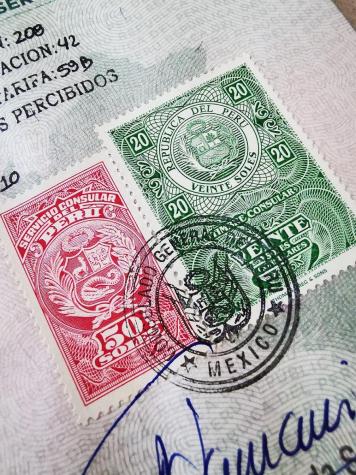Bulgaria became a full member of the Schengen area
On January 1, 2025 Bulgaria officially became a full member of the Schengen area. This means that checks are no longer carried out at the internal land borders between Bulgaria, Romania and the other Schengen countries. This decision was made after a long wait that started in 2011, and it was made possible by the lifting of the veto by Austria.
 Until 2025 the membership of Bulgaria and Romania in the Schengen area was limited. From March 2024 these countries abolished border controls for passengers traveling by air and sea within the Schengen area. However, land border controls continued to operate.
Until 2025 the membership of Bulgaria and Romania in the Schengen area was limited. From March 2024 these countries abolished border controls for passengers traveling by air and sea within the Schengen area. However, land border controls continued to operate.
The removal of all restrictions became possible thanks to the long-term work of Bulgaria and Romania to meet the criteria of the Schengen Agreement. Both countries have implemented comprehensive measures to strengthen border security and integration with European data exchange systems.
The role of the Schengen Information System (SIS)
Bulgaria is already an active member of the Schengen Information System (SIS), which is Europe's largest information exchange platform in the field of security and border management. National authorities use SIS to enter and verify information about people, vehicles and other objects in a common database. This makes it possible to effectively fight cross-border crime and ensure security in the area.
The significance of this event was emphasized by Bulgarian President Rumen Radev, saying that full accession to Schengen is one of the country's strategic goals and an important step for the citizens and the economy of Bulgaria. He noted that this achievement opens up new opportunities for strengthening Bulgaria's position on the European market.
The President of the European Commission, Ursula von der Leyen, also congratulated Bulgaria and Romania on this important step. In her statement, she emphasized that the expansion of the Schengen area strengthens it, contributes to the development of the internal market and increases the volume of travel, trade and tourism.
Benefits for the economy and citizens
Bulgaria's full accession to the Schengen area will bring significant benefits to citizens:
- Bulgarian citizens will be able to travel throughout Europe without going through internal border checks.
- Strengthening trade: simplifying logistics and reducing border crossing times will create a more favorable business environment.
- Increased tourism: easier access for European tourists will increase tourist flows in the country.
The Schengen area today
The Schengen area covers 29 countries, including 25 of the 27 EU member states, as well as Iceland, Liechtenstein, Norway and Switzerland. The area unites about 420 million people. At the same time, internal border controls with Cyprus have not yet been lifted, and Ireland remains outside the zone, maintaining its own border regime.
With Bulgaria's entry into the Schengen area, an important stage of its European integration ends. This event will not only improve the quality of life of the citizens, but also open new prospects for the economic development of the country. Bulgaria is consolidating its position as an integral part of united Europe, becoming an important element of its security and internal market.